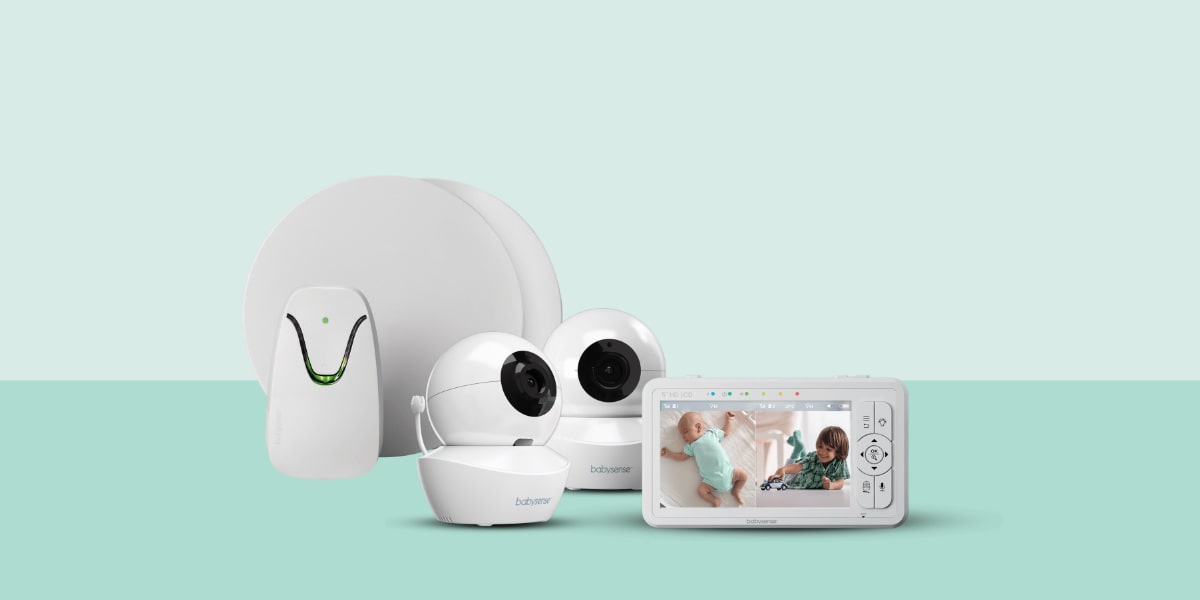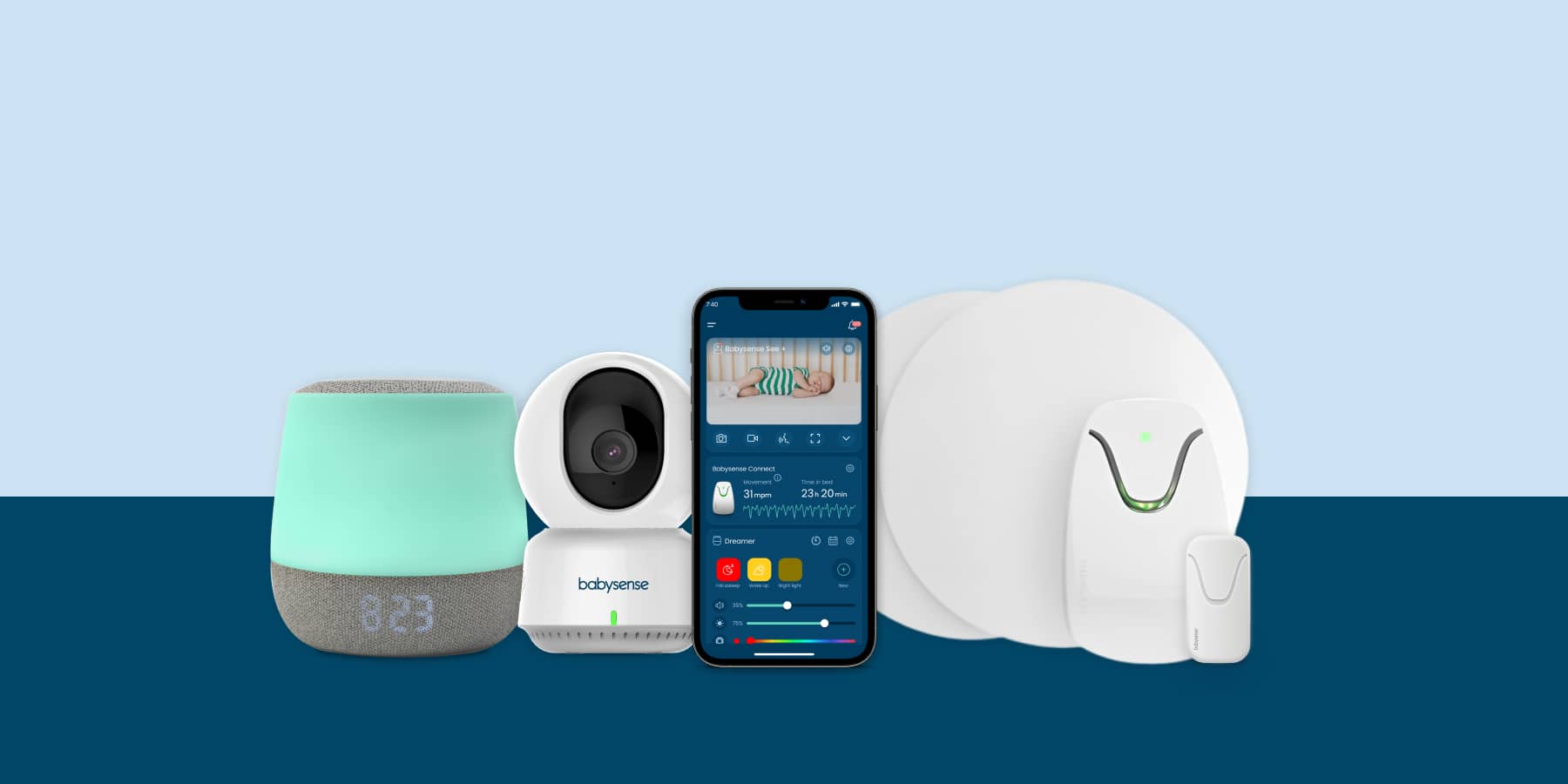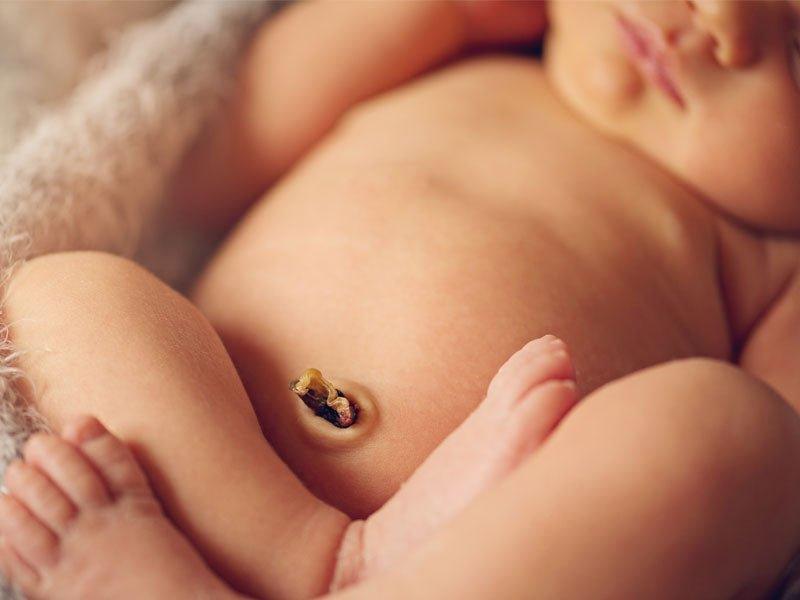You are your baby’s foundation of security and trust, and the solid base from which they will explore the world of social interactions. Your role as primary caregiver is to be your baby’s first and most important, available, attentive and loving social partner.
How babies develop and organize their sense of self and how social development unfolds, is dependent on their individual differences together with the unfolding relationship between baby and primary caregiver. A predictable, consistent, loving, ‘tuned-in’ parent creates not only a sense of safety, but also a positive sense of curiosity and confidence to explore new physical and social environments.
Individual differences
Each baby has a unique sensory processing style, an individual way of perceiving and thus experiencing their world. For a baby who is sensory sensitive, they can become overwhelmed by certain noise, touch, movement, light or too much sensory input. They may have difficulty staying calm and regulated with change in routine, environments, people or experience. These babies may need more time and extra support n order to be ready for social interactions.
Informal family gatherings, friend groups and structured baby groups are all beneficial for parents to connect, learn and share their experiences. Introducing babies to new people and social settings when they are ready will encourage them to feel safe and confident with others too.
Guidelines for social readiness:
In the first 3 months, babies are learning to organise sensations and adapt to being in the world. Caregivers learn to read their babies’ signals, body movements and rhythms. They learn what is overwhelming, what comforts and what helps their baby recover from distress, so they can attain a calm alert state to become available to take in the world. Consistent and predictable care-giving lets babies know that they will be safe and protected at this stage. Trust gives babies a sense of security which allows them to take an interest in the caregiver, their first important social interaction.
Between 3 and 6 months, babies are generally more regulated, calm and alert and thus available for engaging. The caregiver and infant take more interest in one another and an emotional bonding occurs. Mirroring of facial expressions, sounds, smiling and gazing at one another becomes part of this growing intimacy and falling in love. This warm relationship gives babies a secure sense of self to prepare them to take interest in the world.
At around 6 – 9 months, babies stable head, body and sitting balance enables them to engage with the world. Babies become more purposeful and communicate with body movements, gestures and sounds. Caregiver and baby begin to experience more positive pleasurable interactions as they recognise these familiar patterns of back and forth rhythmical exchange and use them ins ocial play such as peek a boo.
Initially, the parent’s lap gives baby a safe and secure platform to gaze outward at the world. The parent is still available to monitor excessive stimulation and be attuned to their baby’s individual signals and needs. The trusting relationship now allows baby to begin to turn his attention to the outside world, with curiosity and anticipation. Babies at this stage take a great interest in family members and other people.
Around 9 months, babies soon move from the lap to the floor as they learn to crawl and become more purposeful in exploring their world. This increased distance between baby and caregiver also facilitates the emergence of a sense of self separate from the caregiver. This developing awareness of difference between self and mother leads to awareness of difference between mother and another person. As a result, babies around this age can become vulnerable and wary of strangers which is called “stranger anxiety”.
Around 9 to 14 months, the baby’s growing sense of purpose, curiosity and motor competence allows them to crawl or walk away from the secure base of their caregiver. They are growing in independence in discovering their own view of the world. This new feeling of independence can be scary for the toddler and therefore the secure, assuring home base of caregiver continues to be important as they explore their social interactions with others in what we call parallel play where babies play alongside one another, watching, following, exploring and copying one another. Babies’ curiosity and independence prepares them for the next leg of their journey toward confidence and social development.
By Kate Bailey, mother of three, Occupational Therapist and designer of the Moms and Babes program.








